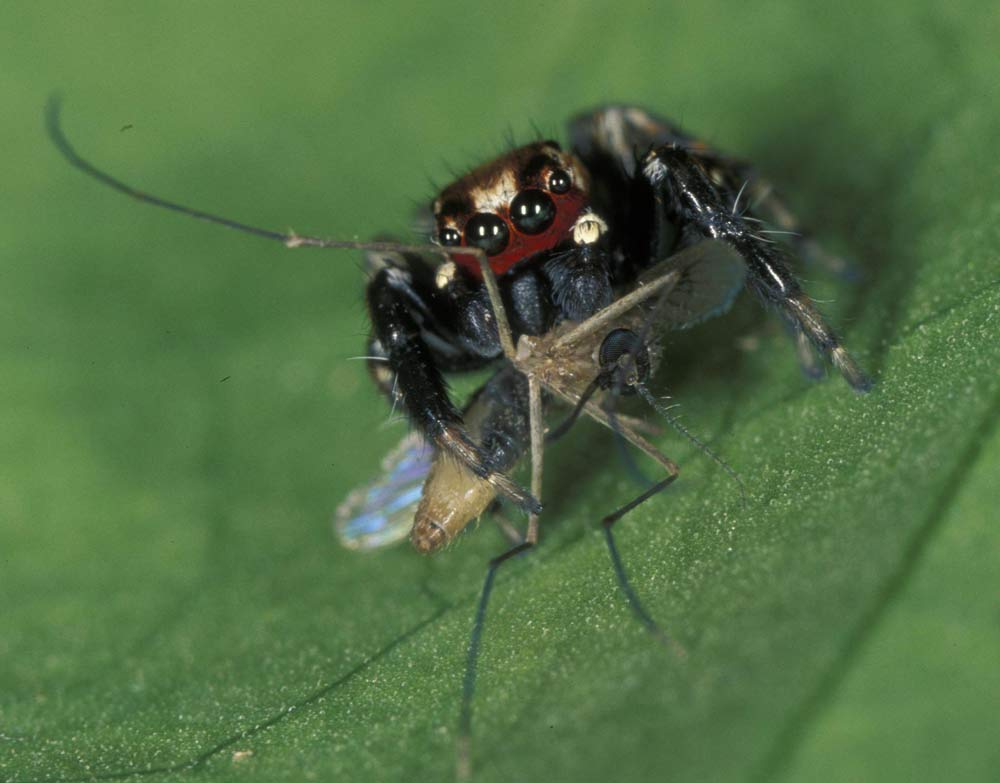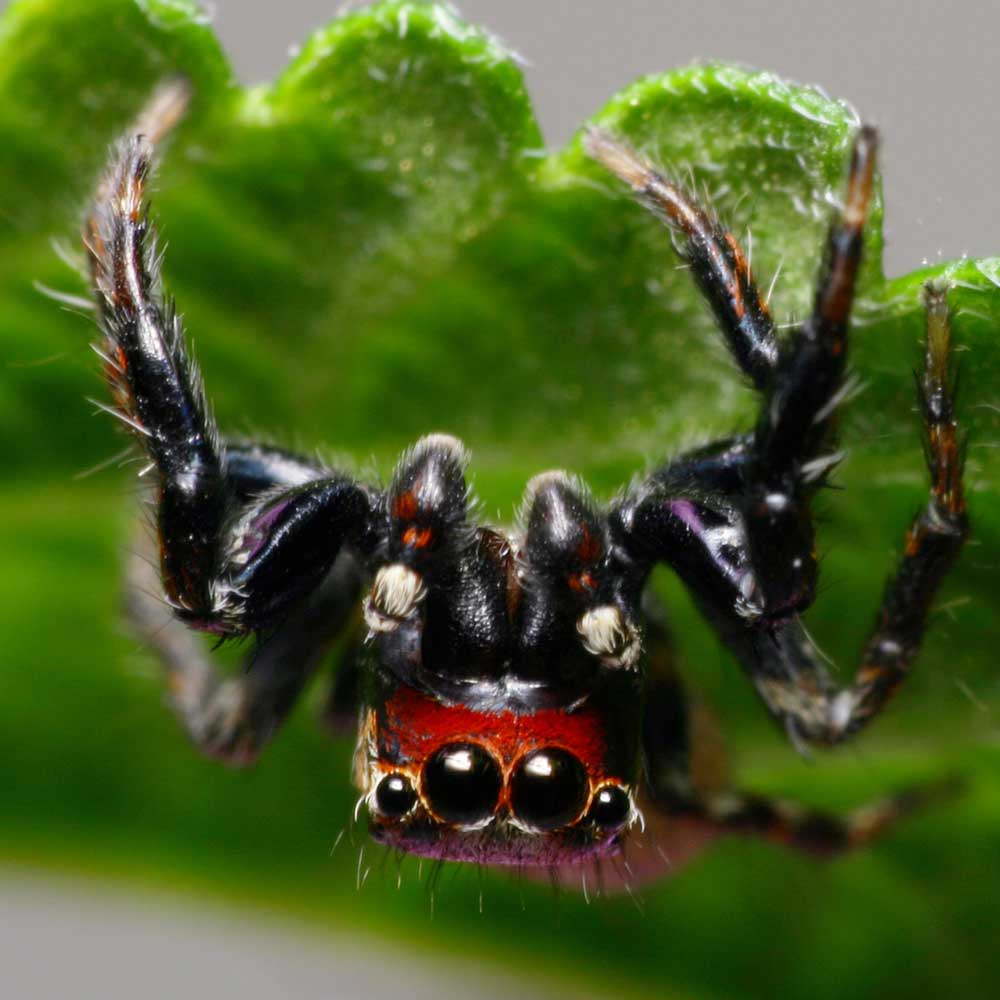Spiders Love Sweaty-Sock Smell, Research Finds

Get the world’s most fascinating discoveries delivered straight to your inbox.
You are now subscribed
Your newsletter sign-up was successful
Want to add more newsletters?

Delivered Daily
Daily Newsletter
Sign up for the latest discoveries, groundbreaking research and fascinating breakthroughs that impact you and the wider world direct to your inbox.

Once a week
Life's Little Mysteries
Feed your curiosity with an exclusive mystery every week, solved with science and delivered direct to your inbox before it's seen anywhere else.

Once a week
How It Works
Sign up to our free science & technology newsletter for your weekly fix of fascinating articles, quick quizzes, amazing images, and more

Delivered daily
Space.com Newsletter
Breaking space news, the latest updates on rocket launches, skywatching events and more!

Once a month
Watch This Space
Sign up to our monthly entertainment newsletter to keep up with all our coverage of the latest sci-fi and space movies, tv shows, games and books.

Once a week
Night Sky This Week
Discover this week's must-see night sky events, moon phases, and stunning astrophotos. Sign up for our skywatching newsletter and explore the universe with us!
Join the club
Get full access to premium articles, exclusive features and a growing list of member rewards.
The stinky smell of sweaty socks might repulse humans, but scientists now find it enthralls mosquitoes and spiders.
The odor apparently helps the creatures hunt down their victims — the mosquitoes want to feed on people, while the spiders prefer to devour the mosquitoes.
These findings could lead to novel ways to entrap mosquito carriers of malaria that lure both the bloodsuckers and their predators.
All mosquitoes that carry the deadly malaria parasite belong to the genus (group of species) known as Anopheles. Past research found the mosquito Anopheles gambiae was drawn to the scent of humans.
A jumping spider in East Africa, Evarcha culicivora, prefers Anopheles mosquitoes as its prey. Scientists had previously found the spider especially favored blood-engorged mosquitoes, apparently sniffing out such pests.
"Evarcha culicivora is the only known predator that specifically targets blood-carrying mosquitoes as its preferred prey," said spider biologist Fiona Crossat the University of Canterbury, New Zealand.
Cross noted these spiders often ventured into the scientists' houses in western Kenya.
Get the world’s most fascinating discoveries delivered straight to your inbox.
"They seemed to act a lot calmer around us than other species of jumping spider that we've tested," Cross said. "Knowing that E. culicivora's prey finds human odor so attractive, we decided we should see if E. culicivora also finds human odor attractive."
In a lab in western Kenya, researchers experimented with mosquitoes and spiders with a clean sock and one worn for 12 hours. The 109 spiders they tested -- male and female, old and young -- all significantly preferred spending time in chambers with the smell of the stinky sock.
"It might creep some people out to know that there is a spider in this world that actually loves us," Cross told LiveScience. "It really is quite unprecedented that a spider should find human odor attractive."
These findings could lead to new ways to help kill mosquitoes carrying malaria.
"Evarcha culicivora will never be the magic bullet for malaria, but it might be a small piece in the malaria puzzle, and it's something that's there in the environment for free," Cross said. "Why not do what we can to find out about this remarkable predator?"
Cross and her colleague Robert Jackson detailed their findings online Feb. 16 in the journal Biology Letters.

 Live Science Plus
Live Science Plus











